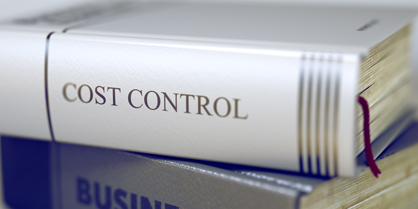
“It’s ambiguous whether the hours have to be [done] in New York state, which is crazy from our perspective,” said the dean of Yale Law School, Robert Post, as Reuters reported. Such a demand could “amount to free labor” for New York.
“It’s the equivalent of seven days of work over three years-plus of law school,” said Lippmann. “I don’t think that is an onerous requirement.” Nevertheless it is unclear whether the sorts of pro bono programs many law schools have set up would count.
Many out of state law students seek to take the bar in New York, with 44 percent of the University of Pennsylvania graduates taking it in New York, for instance. A full third of the bar applicants come from out of state schools.
“Technically this is a requirement for the bar,” said Kim Diana Connolly, director of clinical legal education at SUNY Buffalo Law School, “but it’s going to have to become a part of the planning for all law schools.”
Harvard and Duke have for this reason sent a letter requesting the NY advisory committee to count pro bono hours out of state.
It is also yet unclear what international students will have to perform, given that such students, who often seek a LLM or a masters, stay for only a year.













